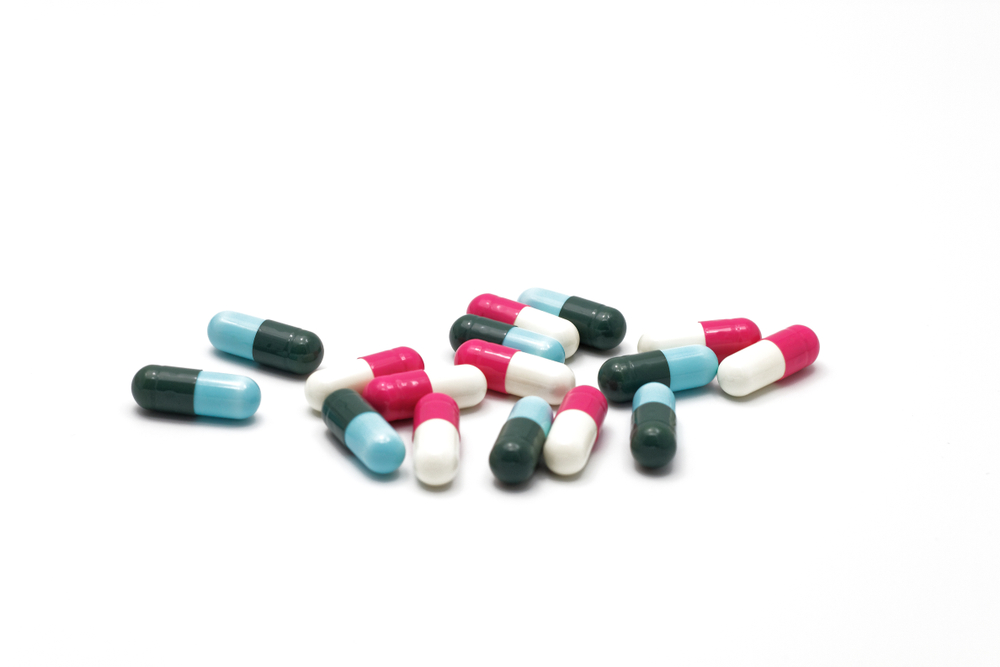Certain Antibiotics May Help Cure Acute COPD Exacerbations, but Use Cautiously, Study Says
Written by |

The antibiotic dirithromycin (no longer available in the U.S.; sold in other countries under the brand name Dynabac) may be a potentially effective therapy for acute exacerbations in patients with chronic obstructive pulmonary disease (COPD), according to findings from a meta-analysis of antibiotics in clinical trials.
Chinese researchers published the study, “Antibiotics for treatment of acute exacerbation of chronic obstructive pulmonary disease: a network meta-analysis,” in the journal BMC Pulmonary Medicine.
Acute exacerbations (when symptoms become aggravated) are the most common cause of hospitalization and death in COPD patients, with most (80 percent) caused by infections. Half of these infections are caused by bacteria.
When an exacerbation first starts, clinicians are often unable to determine if the patient has a bacterial infection, and if so, which bacteria is causing it and what type of antibiotic should be used.
Researchers performed a meta-analysis and searched for published clinical trials in three databases (PubMed, EmBase, and Cochrane) to evaluate the use of antibiotics as a therapy for acute COPD exacerbations.
The team from China analyzed the results of 19 randomized clinical trials that evaluated 17 types of antibiotics in 5,906 COPD patients with acute exacerbations.
The analysis showed that the antibiotic dirithromycin had a high clinical cure (success) rate and a low rate of adverse effects. Three other antibiotics — ofloxacin (Ocuflox), ciprofloxacin (Cipro), and trimethoprim-sulfamethoxazole (Bactrim or Septra), also had high clinical cure rates but had a median rate of adverse effects.
A fourth antibiotic, called doxycycline (Vibramycin), showed a significantly higher response against bacteria compared with placebo, but the therapy failed to show a significant effect in patients’ recurrence or mortality.
Researchers noted, however, that while antibiotics may be beneficial for COPD patients with acute exacerbations, they may increase the risk of adverse effects in several organs. Also, long-term use of antibiotics is linked to imbalances in the body’s natural bacterial communities, which are vital for overall health.
“Future large-scale studies should be conducted to explore the optimal duration of antibiotic use in preventing COPD exacerbations,” the researchers wrote.
“Our study indicated that dirithromycin is adequate for improving the clinical cure rate of patients with AECOPD [acute exacerbation of COPD] with few adverse effects. Ofloxacin, ciprofloxacin, and trimethoprim-sulfamethoxazole are also recommended for disease treatment,” the team said.
“However, caution should still be exercised when using antibiotics to treat AECOPD,” the researchers said.




